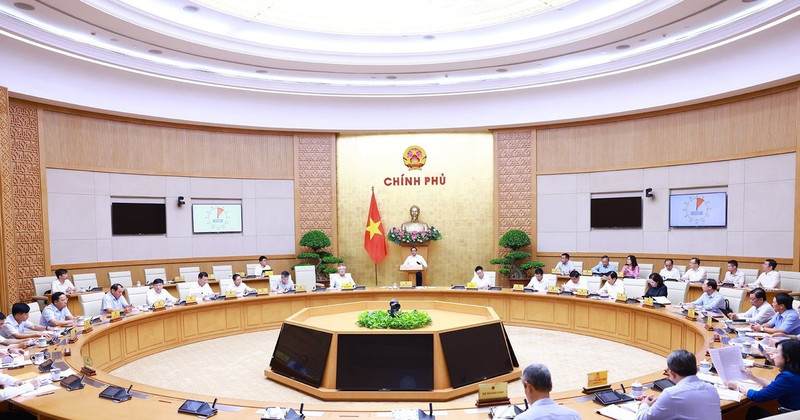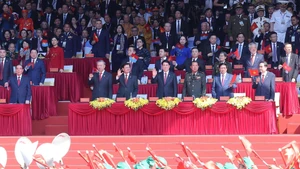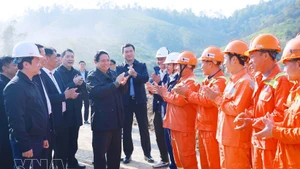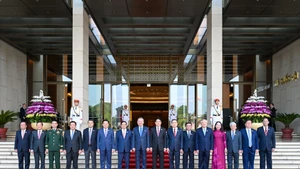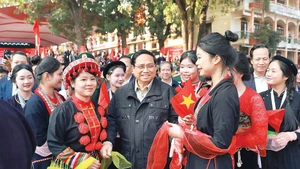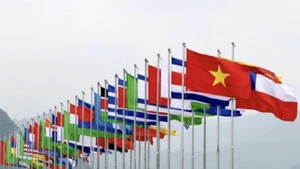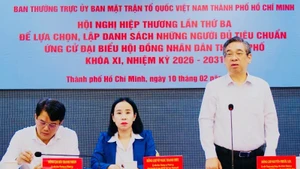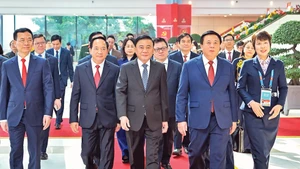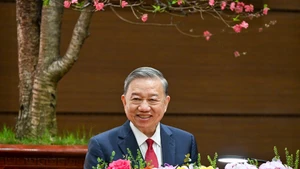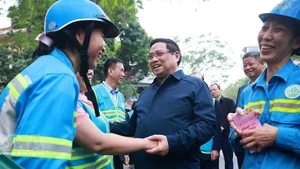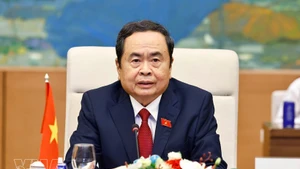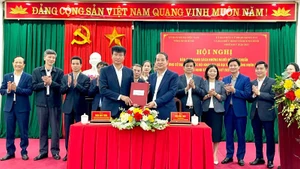Giving directions on building the bills, PM Chinh said that the bills must follow and institutionalise the Party and State’s policies and orientations in related matters, while clearly demonstrating policies approved by the Government in proposals of the bills.
Alongside, they must stick to reality and respect objective reality, removing difficulties, obstacles, and shortcomings, he stressed.
The Government leader also underscored the need to strengthen the close coordination among ministries and sectors in the work, while taking references from international experience.
Policies and mechanisms must be built in an open, feasible, but controllable direction, ensuring proper and effective policies to train and develop high-quality human resources related to the fields regulated by the three draft laws, and mobilising all legal resources for national development, he stated.
Regarding the draft revised Law on State Capital Management and Investment in Enterprises, PM Chinh said that it must follow and institutionalise contents of Resolution No. 12-NQ/TW issued by the 12th Party Central Committee on continuing to restructure, renovate, and enhance the efficiency of State-owned enterprises, putting the interest of the country and nation on top of all.
The bill should deal with difficulties in reality, promoting efficient contents of the existing version, and be harmonious and consistent with relevant legal regulations such as the Investment Law, the Public Investment Law, the Enterprise Law, and the Construction Law, he said.
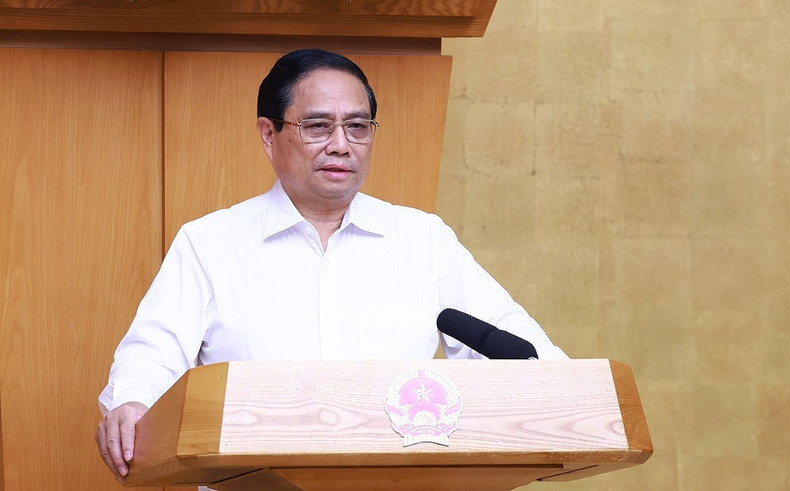 |
| Prime Minister Pham Minh Chinh addresses the session. (Photo: VNA) |
PM Chinh stressed the need for the bill to increase decentralisation and delegation of power, improving investment efficiency, optimising resources in the enterprises, and promoting the pioneering role of State-owned enterprises and the State economic sector.
Over the draft Law on Digital Technology Industry, he said that the bill must stick to and legalised the Party’s orientations stated in the 13th Party Central Committee’s Resolution No. 19-NQ/TW and Politburo’s Plan No. 13-KH/TW on continuing to speed up industrialisation and modernisation to 2030 with a vision to 2050, as well as the Politburo’s Resolution No. 52-NQ/TW on a number of policies and strategies to proactively engage in the Fourth Industrial Revolution, and Resolution No. 23-NQ/TW on orientations for building national industrial development policies to 2030 with a vision to 2045.
Touching upon the draft Law on Teachers, the Government leader highlighted the requirement to enhance the quality of the contingent of teachers to meet the demands, tasks, and missions in education and training with a motto of “teachers motivating and inspiring students”.
Concluding the session, PM Chinh asked the Ministers of Finance, Education and Training, and Information and Communications to seriously and fully absorb opinions to perfect the bills to submit them to the National Assembly at its eighth session slated for October.
The ministers were requested to form working groups with the participation of experts and officials from other ministries, sectors, and agencies for the work, while continuing gathering ideas from relevant stakeholders, coordinating closely with National Assembly agencies, and strengthening communications supporting the work.
